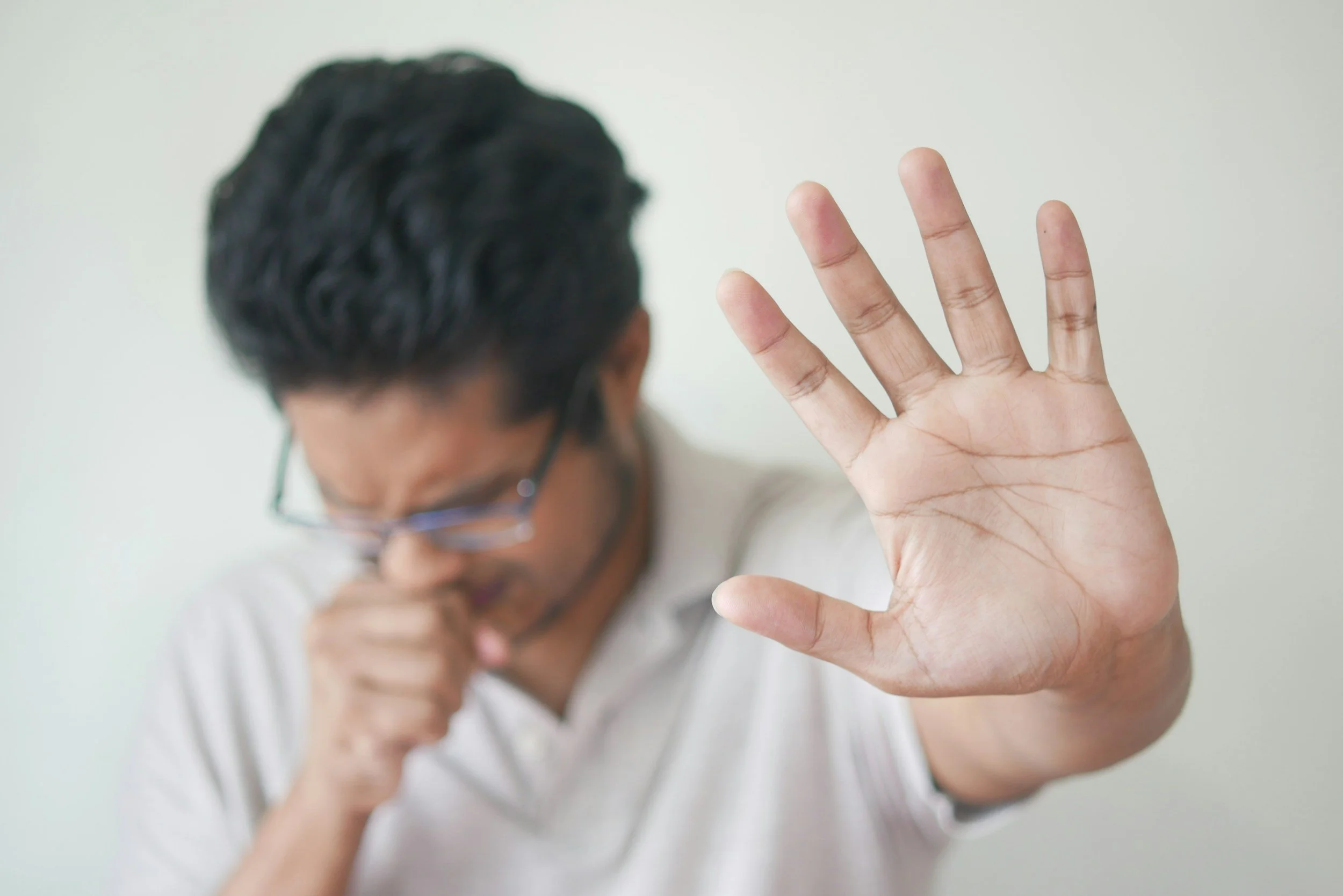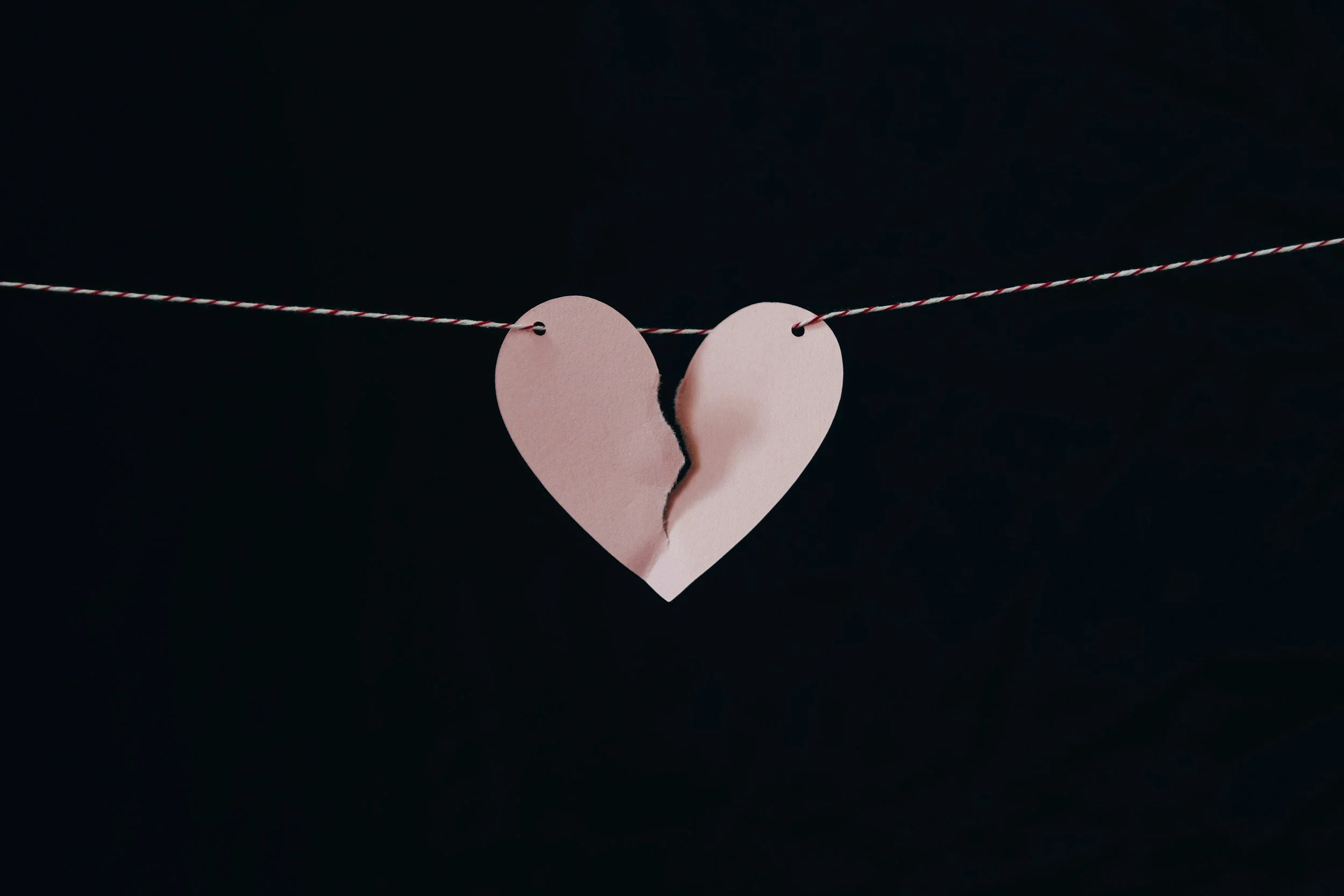Walk into any casual conversation or scroll through social media, and you’ll likely hear phrases like “I’m so OCD about my desk,” or “That show ending left me depressed.” Often, people use clinical terms as exaggerations for everyday quirks or feelings. No harm is usually intended – it’s become common slang to describe being neat, sad, or distracted. However, this habit of borrowing mental health diagnoses as figures of speech can have unintended consequences. What might seem like a light-hearted comment to one person can come across very differently to someone who actually lives with that condition . In fact, casually using these labels can trivialise complex conditions, turning serious disorders into throwaway adjectives. Before we brush off these concerns, it’s important to understand what OCD, ADHD, and depression truly involve and why using these terms flippantly can be problematic.
The Excitement and the Isolation of Transitioning to University
For many young people, starting university is a major milestone, an exciting leap toward independence, discovery, and growth. But what often goes unspoken is the undercurrent of loneliness and isolation that can accompany this transition. It could be described as the quiet sadness that creeps in when the excitement wears off (yet you don’t say anything, because you’re supposed to being loving it).
Generalised Anxiety Disorder and OCD: Two Sides of the Same Coin?
Anxiety is a universal human experience. We all worry about the future, our health, our relationships, or our responsibilities from time to time. But for some, worry becomes a constant companion—an inescapable cycle of overthinking, doubt, and distress. This is the world of generalised anxiety disorder (GAD) and obsessive-compulsive disorder (OCD), two conditions that share striking similarities yet operate in distinct ways.
Emetophobia and OCD: When the Fear of Vomiting Becomes Obsessive
Navigating Blended Families—Building Something New Together
Blending families is one of the most deeply human endeavours—and also one of the most complicated. Unlike fairy tales or family movies where everyone magically bonds over dinner and laughter, real-life blended families are built slowly, with lots of small moments, awkwardness, trial and error, and patient love.
How to Recover from a Break-Up (Without Losing Your Mind)
Break-ups can be brutal. Even when they’re necessary, mutual, or a long time coming, they can still leave you feeling disoriented, fragile, and emotionally exhausted. If you’ve recently gone through a break-up, it might feel like the emotional rug has been pulled out from under you. Everything from your routine to your sense of identity might feel up in the air. And that’s okay. It’s not just about the loss of a relationship—it’s the loss of a future you imagined, of shared rituals and private jokes, of a version of life that now feels out of reach.







